Discover The eLife Podcast
The eLife Podcast

100 Episodes
Reverse
This month, compelling evidence for why some species keep their eyes closed for sometimes several weeks after birth, scientists prove that the "nocebo" effect is more potent than a placebo, researchers report what happens when fish eggs and mouse sperm mix, the signals that cells use to measure the lengths of their telomeres, and some clever physics reveals the workings of Darwin's "warm little pond"... Get the references and the transcripts for this programme from the Naked Scientists website
This month, as the eLife Podcast hits its century, we hear how getting frog dads to cross-foster tadpoles has revealed the way in which some frogs come by their microbiomes, the ants that do gene therapy, signs that disease causes a breakdown in nutrient exchange between the elements of the microbiome, how fungi reprogram immune cells to cause over-reactions in sepsis, and new insights into how tapeworm larvae in the brain cause seizures... Get the references and the transcripts for this programme from the Naked Scientists website
In the eLife podcast, a university compost heap has turned up Finland's first documented "giant virus". Also, why monkeys de-sand their supper, and how learning more languages actually makes brain tissue thinner. Then, the link between sugar and neonatal sepsis, and how a cancer controls its hydra host by bestowing it with extra tentacles... Get the references and the transcripts for this programme from the Naked Scientists website
What is the impact of an extra year at school on the brain? Also, how poison dart frogs come by their toxins, using movies to track the developing infant nervous system, the insect-spread bacterial plant parasite that is a mastermind of matchmaking, and a new cancer tool to link disease with the best drugs. Chris Smith takes a look at some of the most powerful papers out this month in eLife... Get the references and the transcripts for this programme from the Naked Scientists website
This month, how films are helping neuroscientists link brain activity patterns to specific thought processes, a breakthrough in managing opiate overdose, a technique to study animal teamwork, extracting more information from brain scan data, and how childhood adversity blunts later fear responses... Get the references and the transcripts for this programme from the Naked Scientists website
Predicting how influenza viruses will evolve, how deserts decompose matter despite the dry, what worms are revealing about a gene linked to autism, and what makes mice fearful of cat smells. Dr Chris Smith talks to the authors of the latest leading research in eLife... Get the references and the transcripts for this programme from the Naked Scientists website
This month, signs that cancers communicate with the brain to alter mood, why antibodies are unreliable in research, evidence that social training can cut stress and boost brain volume, and agents derived from birth products that suppress inflammation and kill pain... Get the references and the transcripts for this programme from the Naked Scientists website
This month, Chris Smith hears how blood-thirsty bacteria sniff out wounds to trigger infections, how ants navigate at night, how male and female brains respond differently to starvation, and inflammation linked to premature labour... Get the references and the transcripts for this programme from the Naked Scientists website
This month, how human encroachment and conflict on nature drives emerging diseases, the role of "stigmergy" in guiding the nest-building feats of termites, a project to track infectious abortions in Africa, why people need to speak the same language around neurodiversity, and what fat flies are revealing about the way weight gain affects food-related recall... Get the references and the transcripts for this programme from the Naked Scientists website
This month, how animals hibernate and evidence that muscle myosin makes its own heat in the cold, brain scans to reveal how ketamine relieves resistant depression, the way the brain changes when animals build a bond, the evolution of flu outbreaks, and how aphantasia affects autobiographical memory. Get the references and the transcripts for this programme from the Naked Scientists website
This month we hear what orangutans can tell us about the origins of human speech, we ask if science making life even harder for dyslexics, where do the scientists we train end up and do they stay in science, and new insights into the songs whales sing underwater... Get the references and the transcripts for this programme from the Naked Scientists website
In the eLife Podcast this month, signs that bees are oblivious to pesticides in nectar, sea anemone stinging strategies, a new means of cell-cell communication to share growth factors and other signals, how plants make a comeback when ice sheets retreat, and how the world's biggest bird uses wind and waves to good effect to minimise the costs of takeoff... Get the references and the transcripts for this programme from the Naked Scientists website
This month, how an extinct marine mammal made its haemoglobin work in the cold, how does learning compassion change the shape of the human brain, women publishing cautiously, how populations evolve to social distance in disease conditions, and can biochemical clocks accurately track ageing in children? Join Dr Chris Smith for a look at some of eLife's latest leading papers... Get the references and the transcripts for this programme from the Naked Scientists website
This month join host Dr Chris Smith to hear how a nuclear power station provides the opportunity to test theories of the effects of global warming on how fish grow, evidence that personalised medicines have an added placebo effect, the genes for skin colour and skin cancer, why five friends is optimal for best brian health, and the role of the immune system in the ageing ovary... Get the references and the transcripts for this programme from the Naked Scientists website
This month we look at a method to raise the bar on the quality and trustworthiness of information shared over social media networks, how fish running a fever heal from infection faster, what miniature bat backpacks can reveal about the eating and hunting habits of our flying mammalian cousins, how kingfishers come by their plumage patterns, and the evolution of spider venom genes. Join Dr Chris Smith for a look inside the science at eLife... Get the references and the transcripts for this programme from the Naked Scientists website
This month, the genetic variants inherited from millions of years back that protect from disease but can cause illnesses; also, signs that we trust human-sourced information more than what a computer might say, how the whiff of a female can make some mice live longer, what bird's eggs can tell us about dinosaurs, and how taking a leaf out of "doughnut economics" can help academics combat the climate crisis... Get the references and the transcripts for this programme from the Naked Scientists website
Why are 90% of humans right handed and where did we get this from; genes for how - and where - hair grows; the intriguing timing behind how sunflowers flower; how the microbiome of the bee weaponises dietary toxins to deal with parasites, and a connection emerges between personality type and mitochondria... Get the references and the transcripts for this programme from the Naked Scientists website
The ability to recreate dinosaurs inside computers means the true nature of the spinosaurus can now be uncovered, what the Afro Barometer reveals about the potential to use mobile phones to deliver remote health interventions, is intercropping being held back by using the wrong seeds, and signs that firstborns suffer seven months of stress when a baby brother or sister comes along, in bonobos at least. Get the references and the transcripts for this programme from the Naked Scientists website
This month, what ultrasound scans are revealing about how primates learn to cry before birth, the new imaging technique highlighting brain structural changes linked to speech and language impairments, why eLife is breaking the publishing mould to prioritise the preprint in future, and how evolution turn a single lung into a pair... Get the references and the transcripts for this programme from the Naked Scientists website
This month, what happens to the microbiomes of wild animals when they share cities with humans, how being crushed in a cancer makes metastatic cells more malign, a genetic tool to uncover when populations merged back in history, how mating affects the moth sense of smell, and why Africa offers a wealth of research opportunities for the neuroscience community... Get the references and the transcripts for this programme from the Naked Scientists website







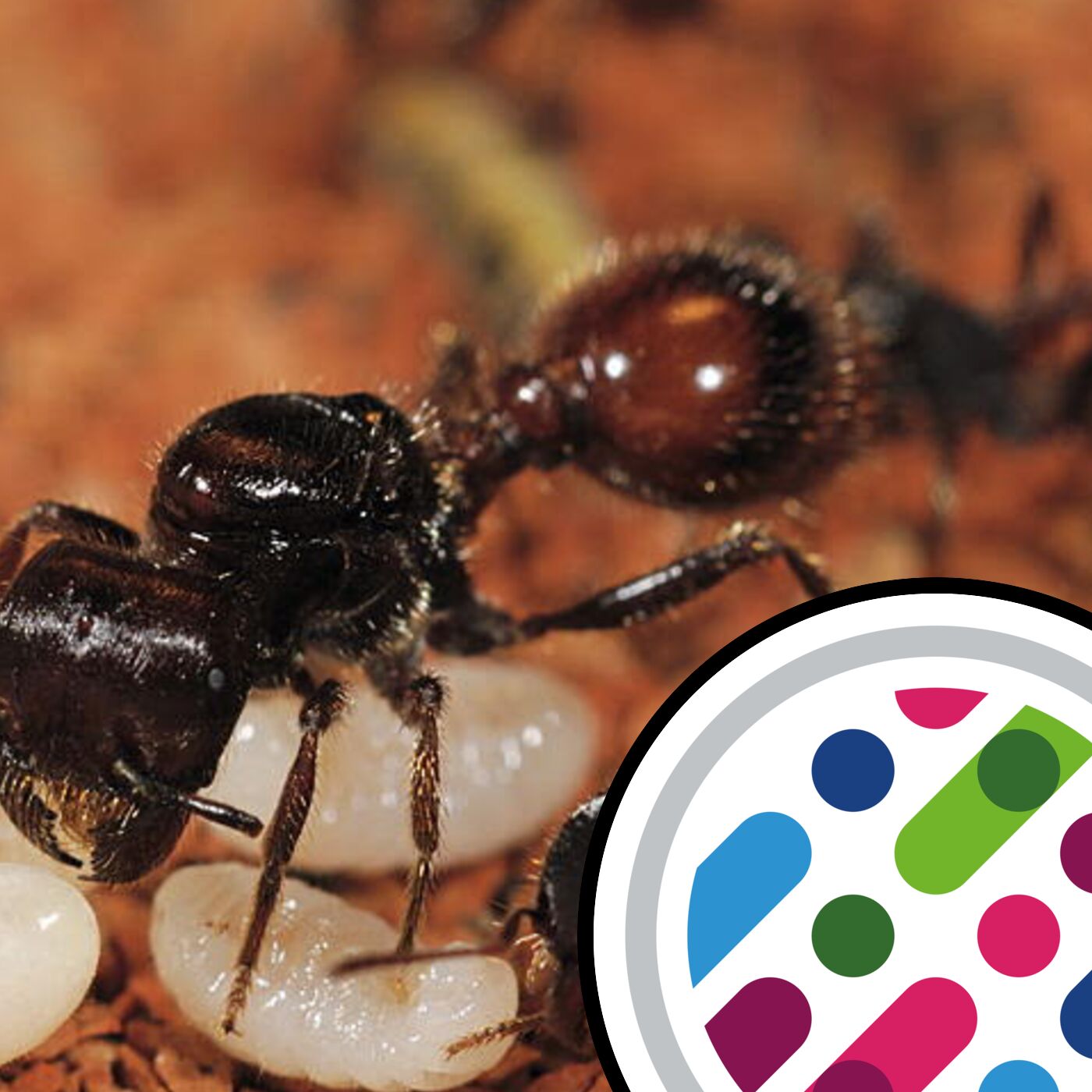







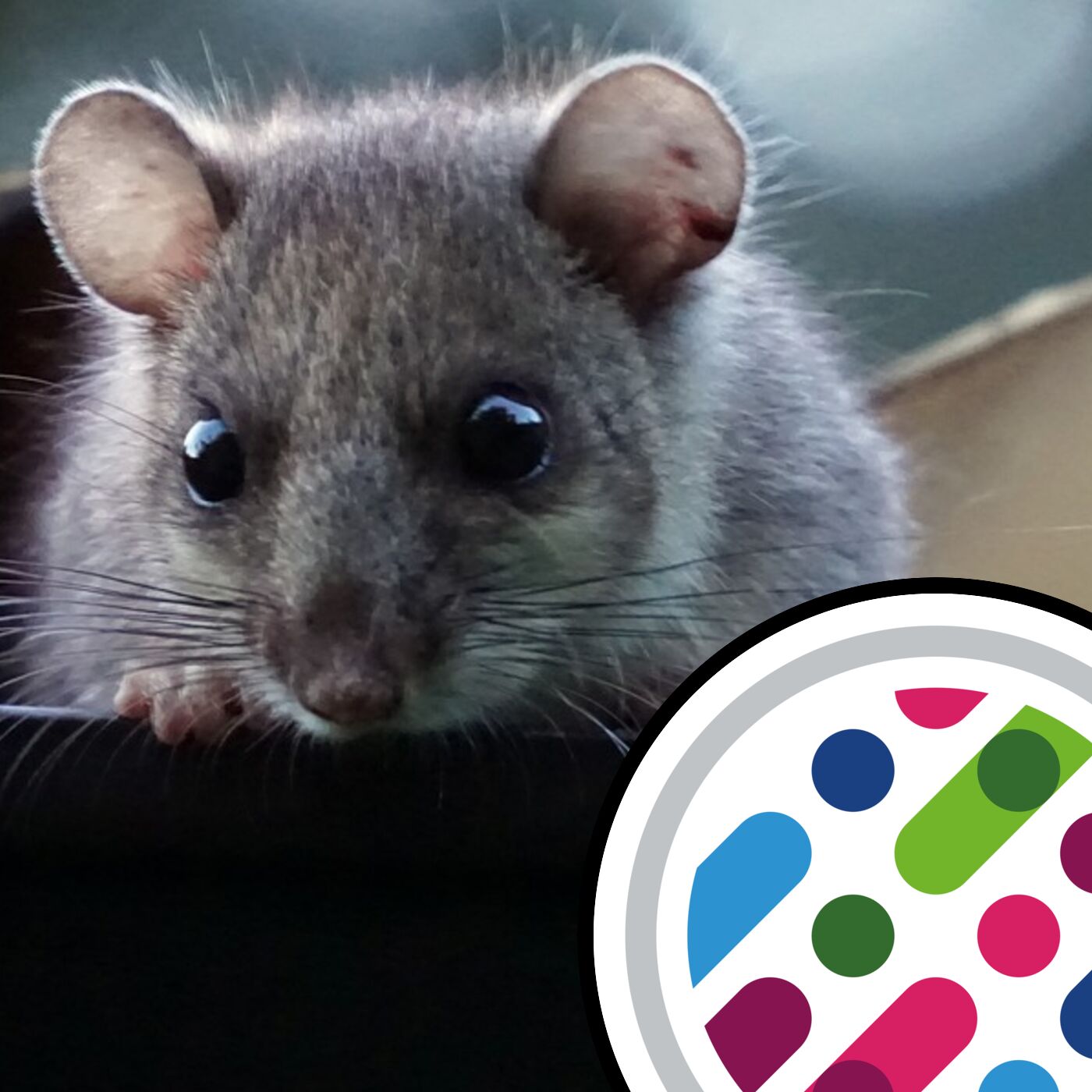

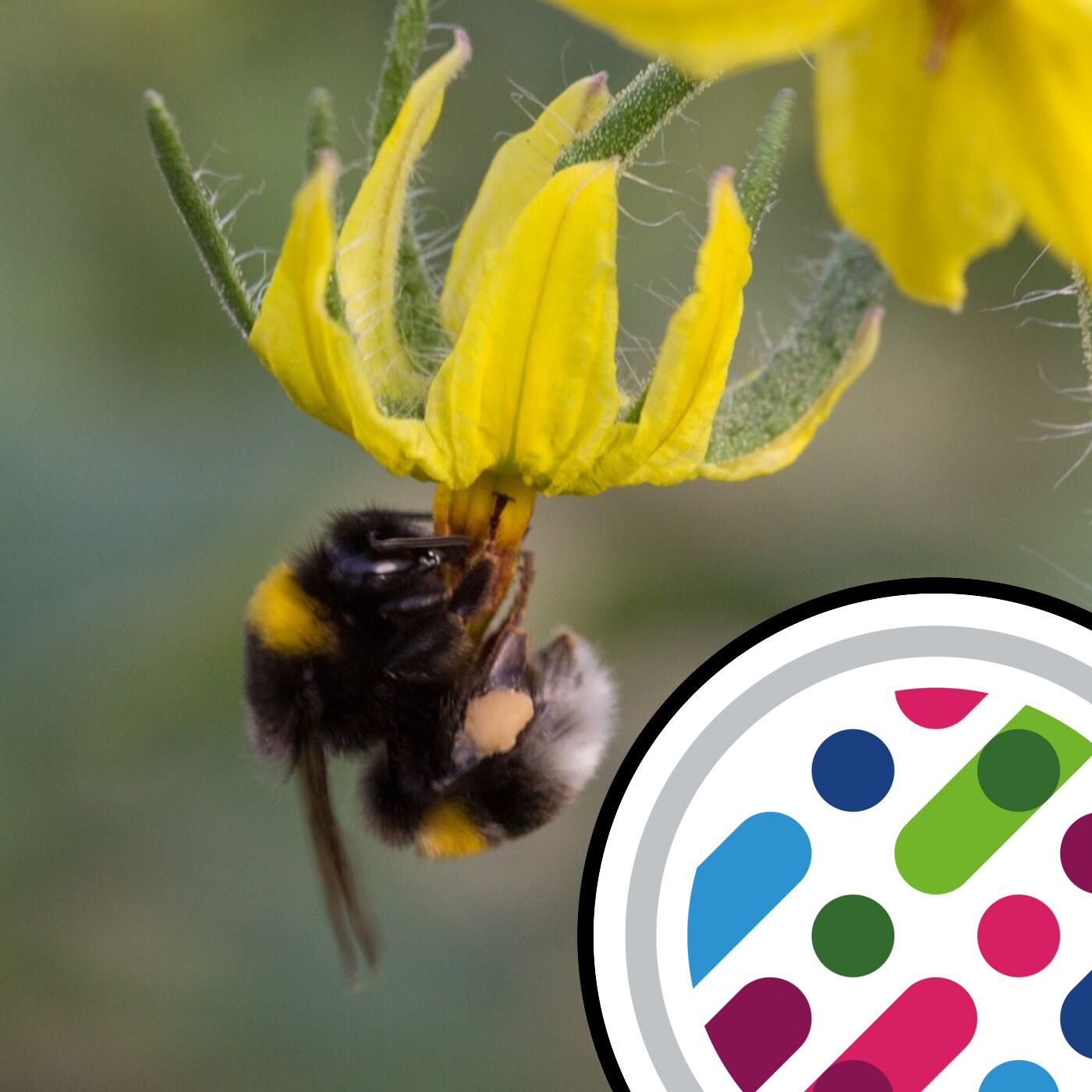
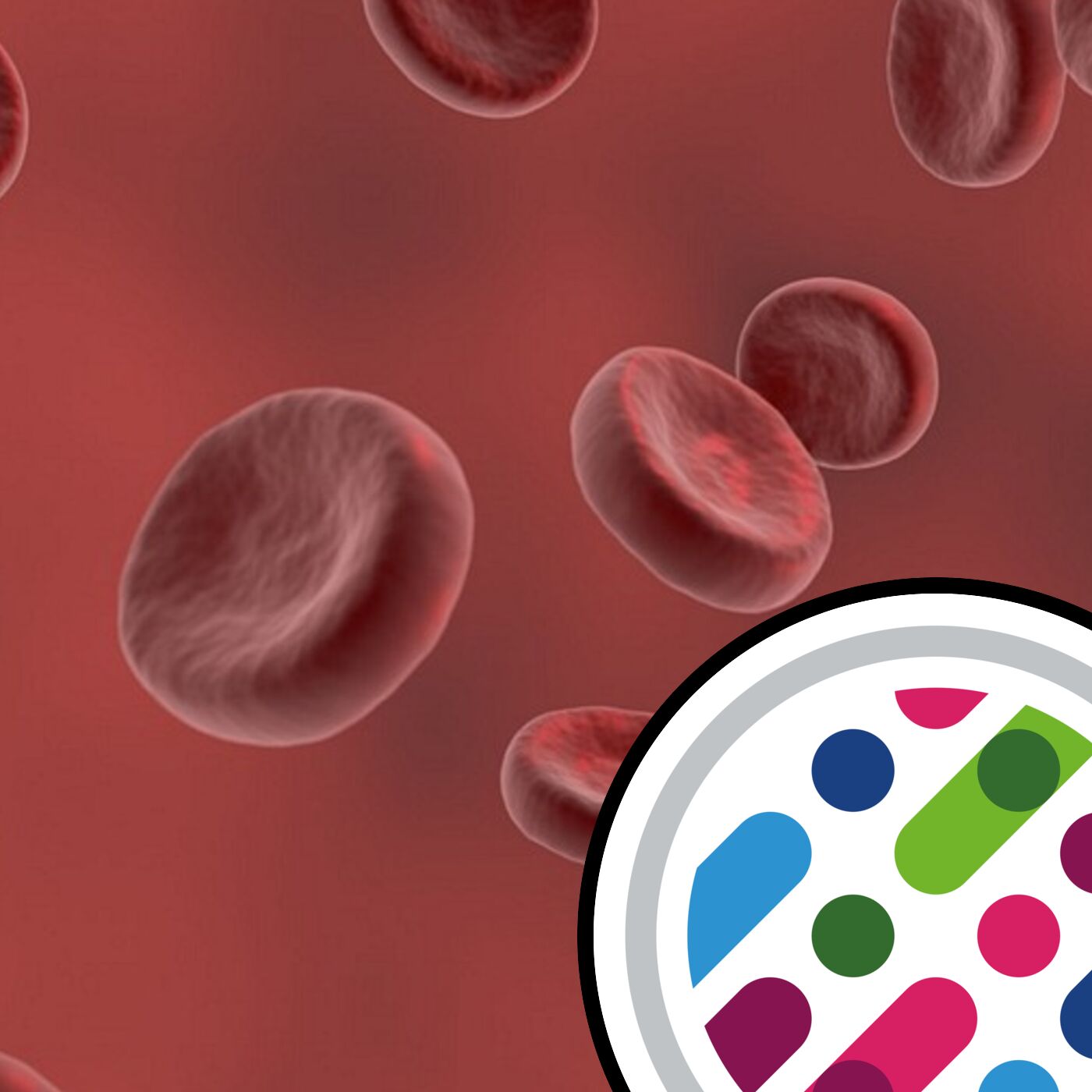



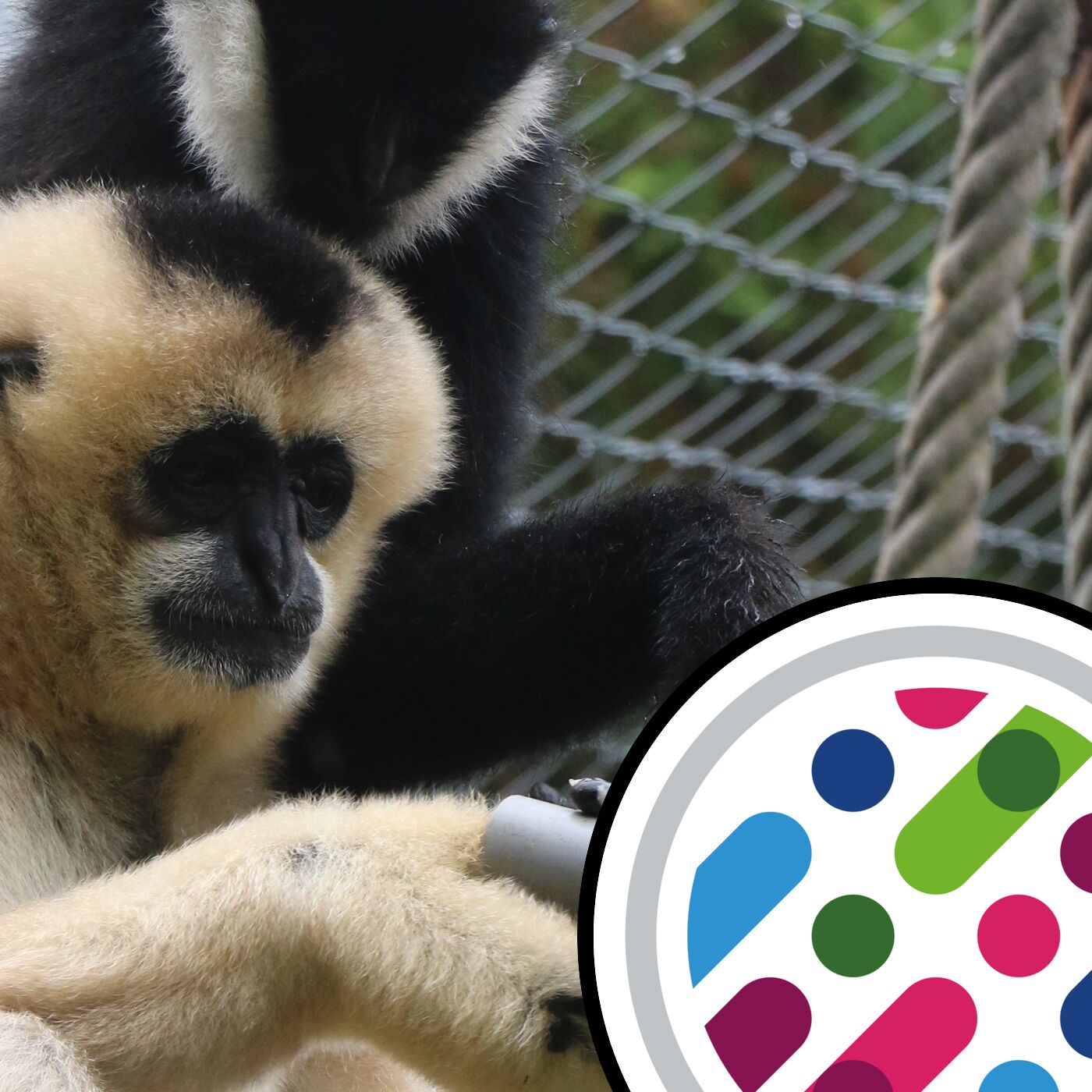

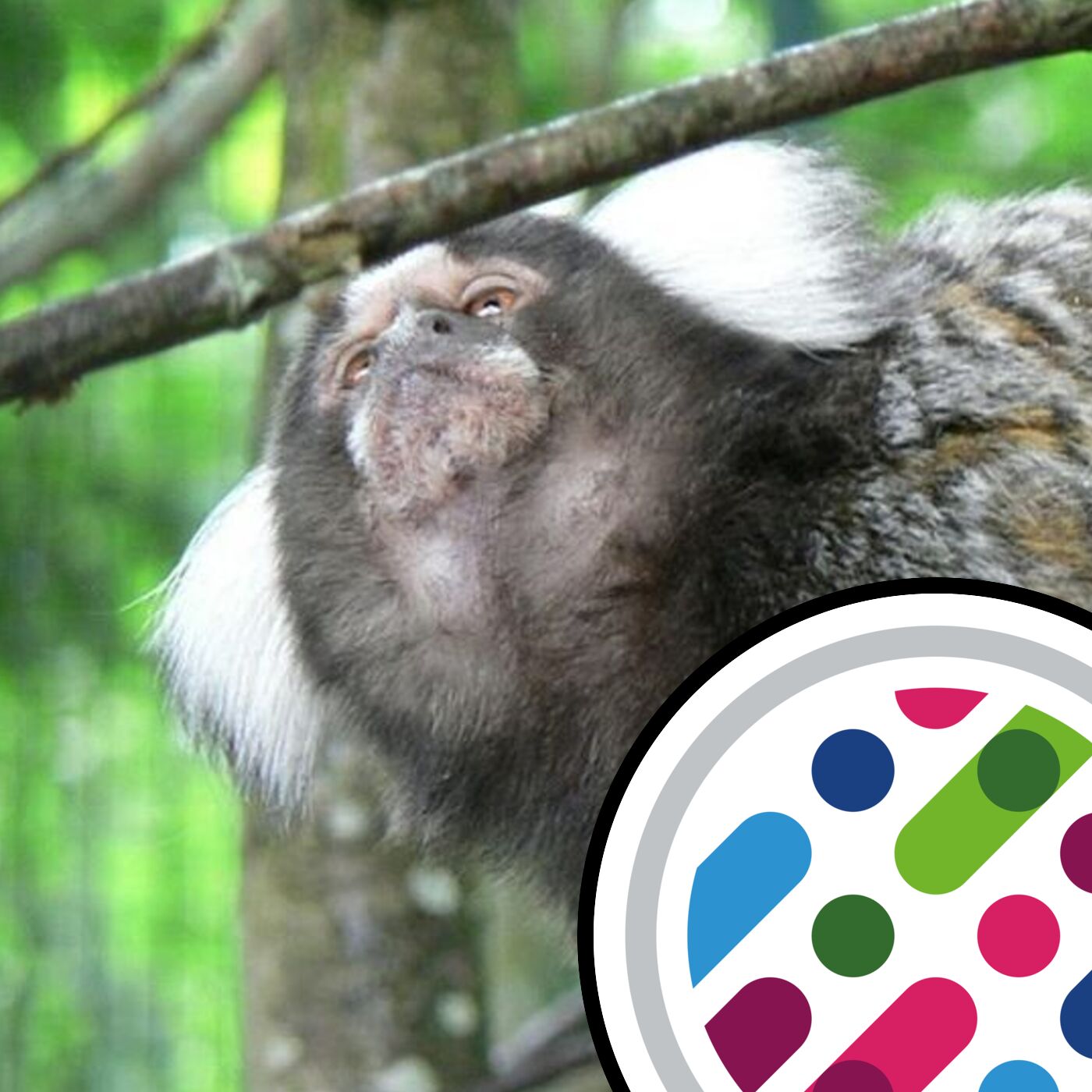
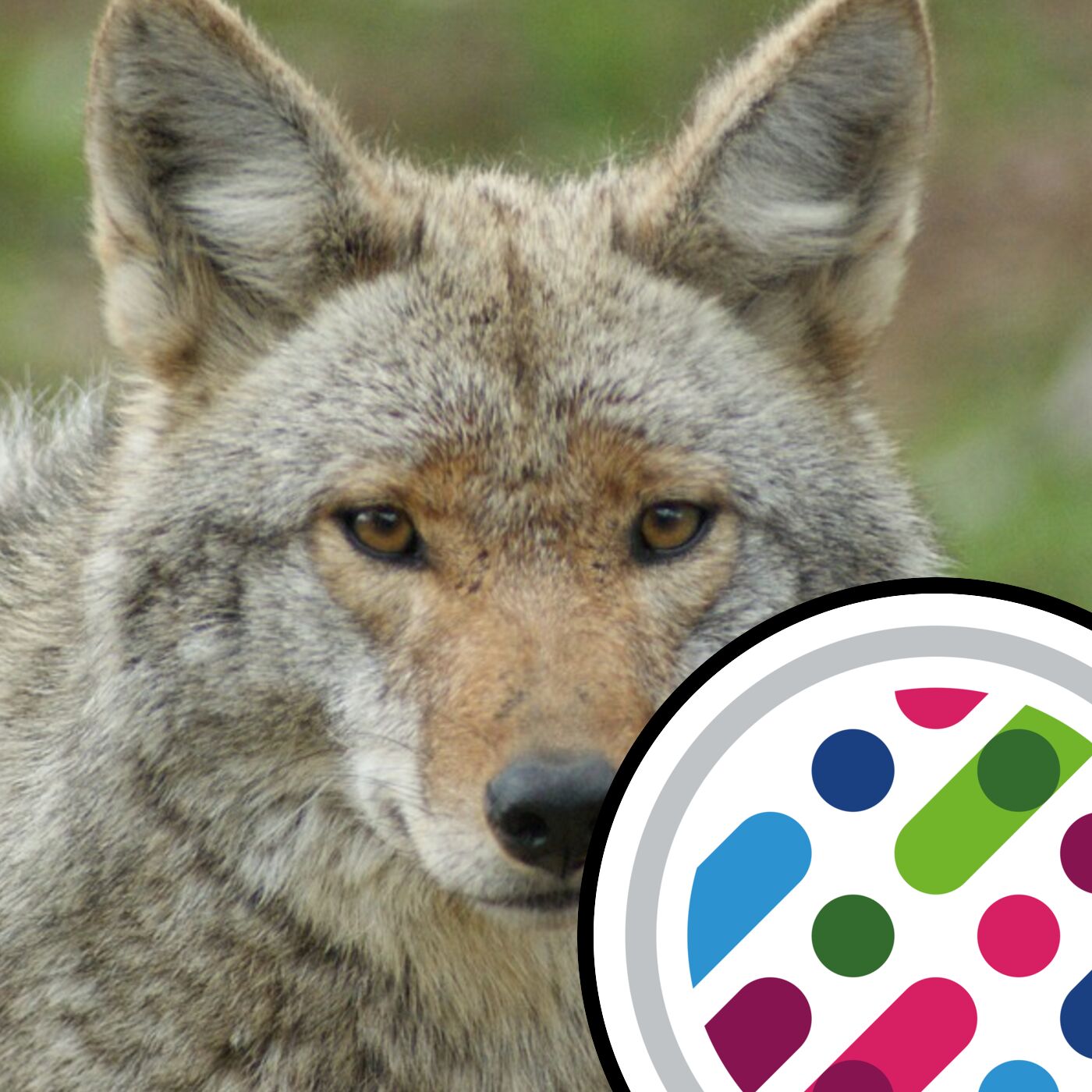



It's actually a bit funny to hear that almost all products can be harmful if used improperly. At the same time, imagine how many people vaping helps with stress or pain. I was skeptical at first, but using a dab rig has helped me manage anxiety better than smoking flower. I found a great product on the website https://hazesmokeshop.com/product-category/dab-rigs/ . The vapor feels smoother, and the effects are more manageable. It's easier for me to relax without coughing or feeling heavy afterward.
FASCINATING PODCAST!